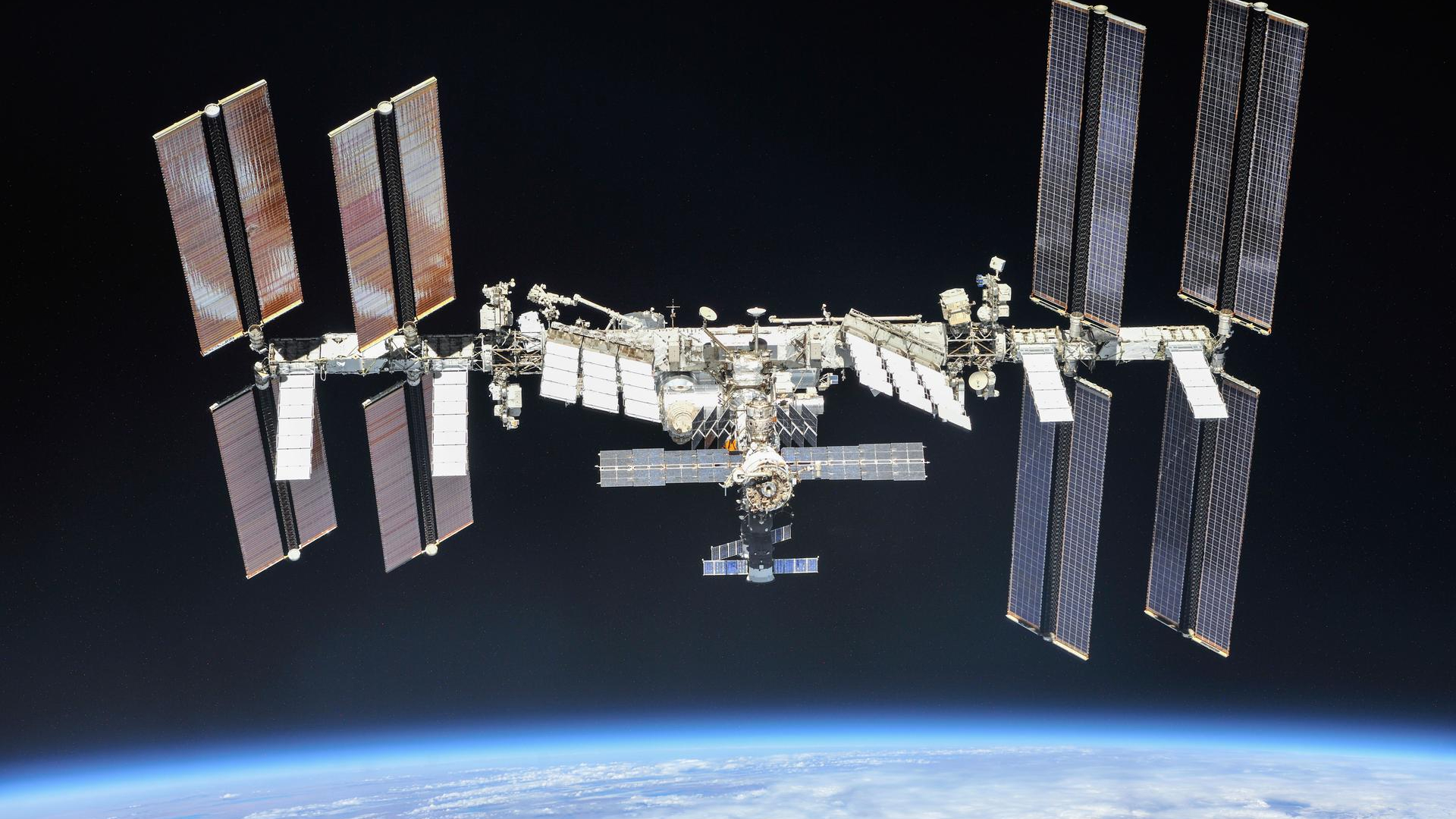Microgravity: An Unexpected Accelerator for Cancer Research

While prolonged exposure to microgravity in space is detrimental to human health, it presents unique opportunities for cancer research. Scientists are leveraging the microgravity environment of the International Space Station (ISS) to conduct cancer testing, accelerating tumor growth and drug testing, and developing faster, more sensitive cancer screening techniques. In microgravity, cancer cells grow rapidly like bubbles, allowing researchers to easily test substances attached to the edges. One study even suggests a single drop of blood could be used for cancer detection in space. While limitations and high costs remain, the microgravity environment could revolutionize cancer treatment and drug development, potentially even aiding surgical recovery. The ISS's impending decommissioning adds urgency, pushing scientists to make breakthroughs within a limited timeframe.